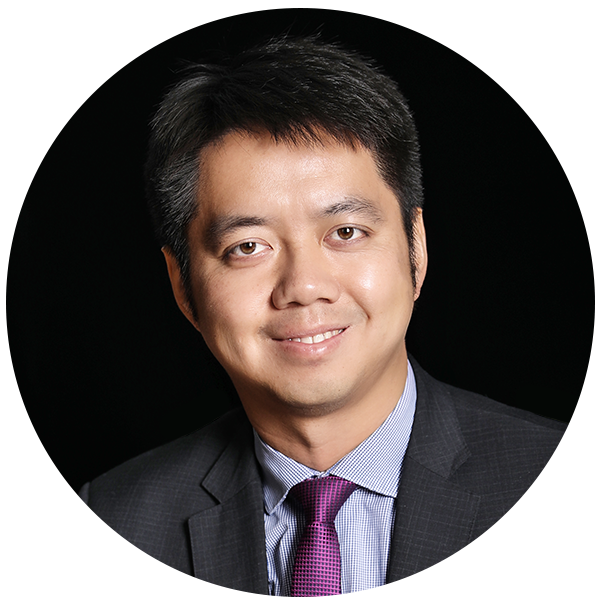A few weeks ago, when I arrived in Harvard, my first impression was that the university, admired the world over, was not as large as I expected.
To my eye, Harvard's campus seemed smaller than Peking University, my alma mater.
Although I know the greatness of a university is not determined by the size of the campus or buildings, before I arrived, I always thought that Harvard had to be on a scale consummate with its academic greatness.
Chinese visiting scholars at Harvard have written many accounts of their time there, and the Harvard buildings are very familiar to many in China. Many tend to let their fond memories color their remembrances of their college days.
In contrast, China loomed larger on the Harvard campus than I imagined.
Before I gave a speech about Chinese political governance in the microblogging era at a Harvard lunch forum, I never thought so many important professors and scholars would attend. The attention paid to China worldwide is hard for some people back here to imagine.
The luncheon lasted for nearly three hours, discussing some of the new features of the current era of microblogging governance as well as the potential challenges this would pose in the future.
I explained that the Chinese media system is very different from the Soviet-style censorship system.
The term "media management" could be used to describe the media status quo of China, and it would be valuable for China to learn from Europe and the US in this management style. Audiences took notes about these new views, which many seemed to agree with.
Unfortunately, these media changes were unknown to most Westerners in the past, as very few Chinese people tried to get them across to the Western audience. China's soft power lags far behind its development.
Originally I thought this was the government's fault. However, I realized the situation wasn't that simple when I saw the dazzling array of lectures on offer at Harvard's department of politics.
On the notice board, there were six lectures about China, covering history, film, literature, politics and even the Dalai Lama scheduled for early November.
However, no lecturer was from the Chinese mainland, as all of them were Western scholars.
The corridor's wall was adorned with posters of some major lecturers from the past. I found those who had spoken on Asian issues included senior Singaporean officials, and former South Korean or Indian ambassadors, but nobody I could find from China.
I am not saying other countries' experts cannot talk about China. I just want to highlight that at this top university, Chinese didn't participate strongly in the discourse about China's changes. This hasn't been caused by any exclusion from the West, but by China giving up the initiative.
That night, I had dinner with two Chinese Harvard doctoral students. The two had lived in the US for many years. They were very knowledgeable and spoke perfect English. The only problem was that whenever we talked about China's problems, they had little knowledge about the current situation or tended to analyze affairs from a Western perspective.
Alas, China not only gives up the position of speaking about its own problems, but also sends its best students to the West where they succumb to Western perspectives.
China's development came too fast, even faster than many Chinese people expected. But what shocks people is that often some Western media and scholars seem to understand China much better than Chinese people do. They also offer help for Chinese to learn about their own country. Often, their analysis is prized by Chinese above that of their own experts.
We cannot say these Western scholars are not qualified to talk about China. In fact, many of them have a profound understanding of the country.
It now appears that the greatest gap between China and developed countries, is not economic, political, or military.
China is the second-largest country in the world, has a relatively stable political system, and no country would dare to invade it now. The real gap is in the power of discourse. In a global information war, it seems China have abandoned its fronts, and surrendered its fortresses.
The author is a PhD candidate at School of International Studies, Peking University. He can be reached at wangwen0602@sina.com

